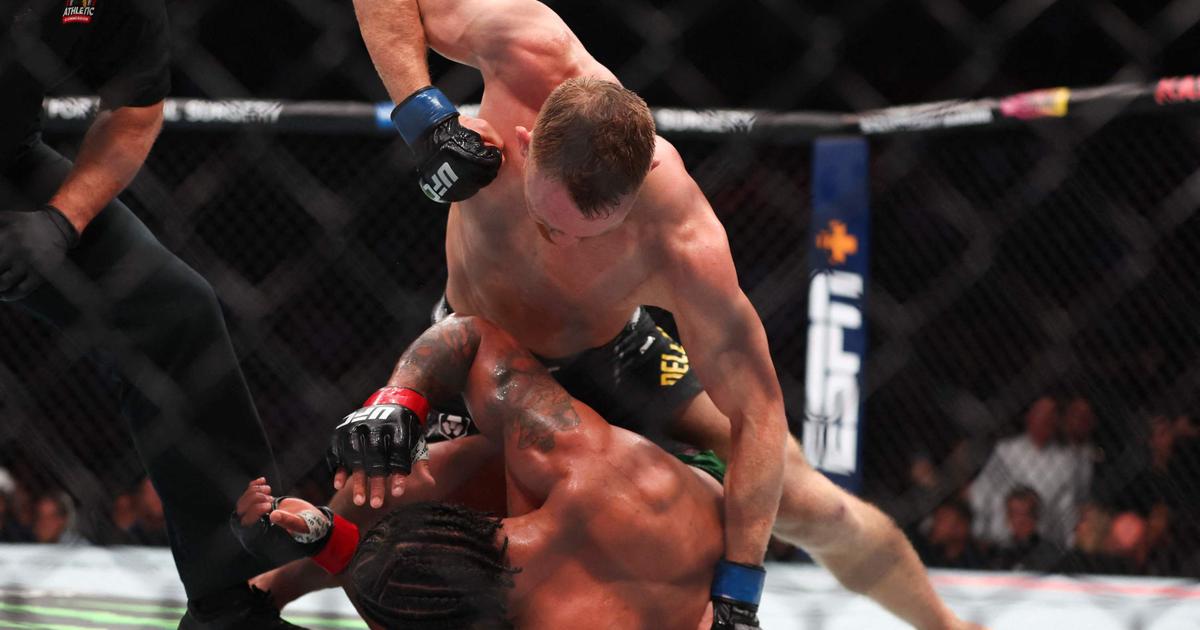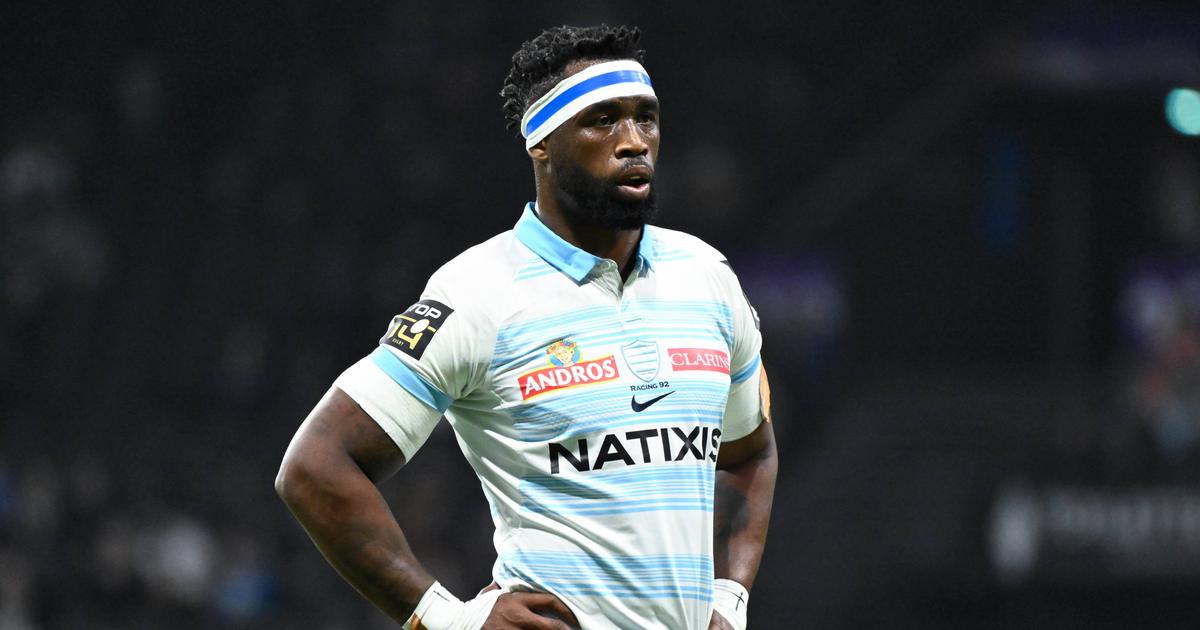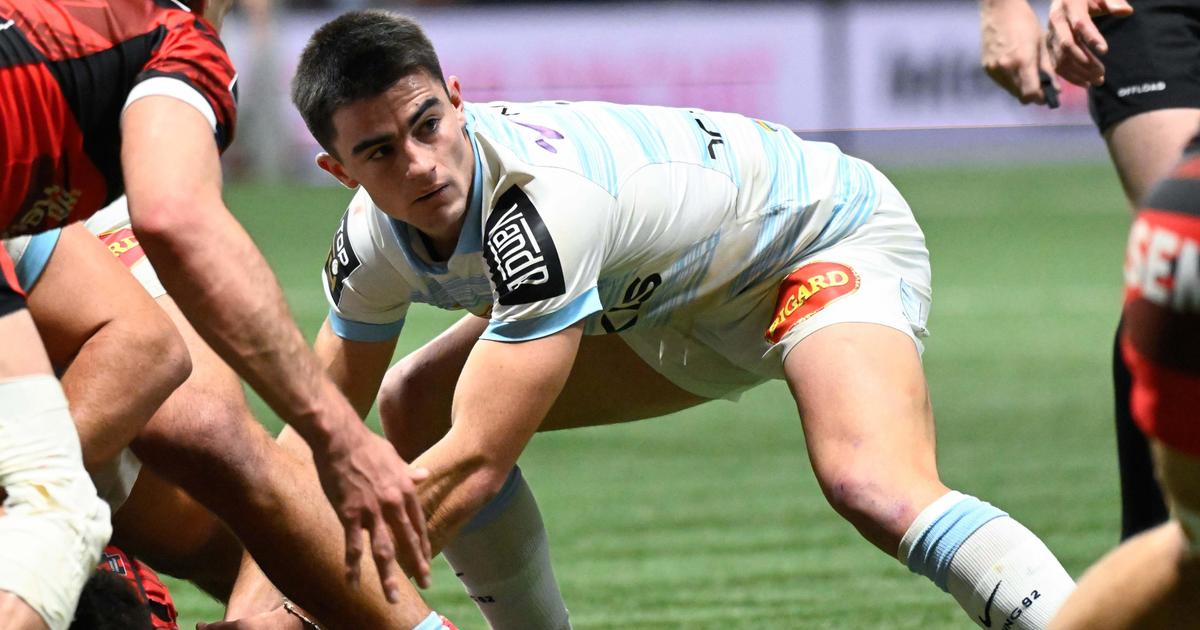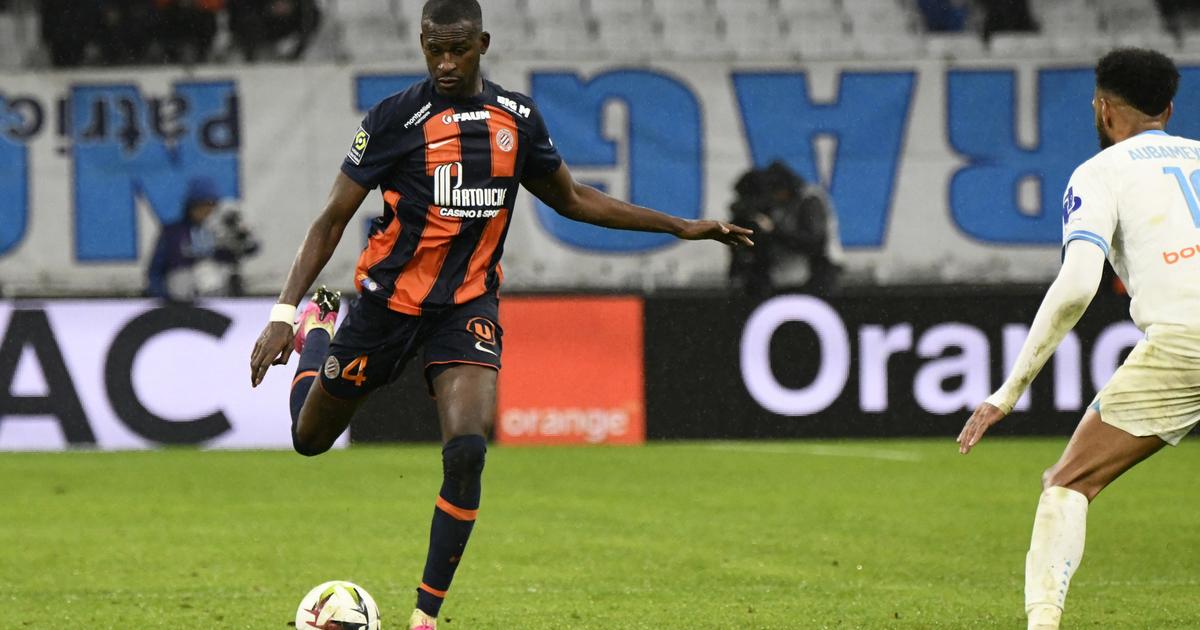Enlarge image
Alireza Beiranvand after suffering an injury against England
Photo: IMAGO/Jorge Martinez / IMAGO/Agencia MexSport
Goalkeeper Alireza Beiranvand was substituted after suffering a head injury in Iran's World Cup opener against England.
Beiranvand collided with team-mate Majid Hosseini after a cross from an opponent.
Beiranvand was then treated on the ground for minutes, bleeding from his nose.
Beiranvand initially tried to play on but soon sat down and signaled that he had to be substituted.
By then it was clear: Beiranvand was suspected of having a concussion.
It was revealed after the game that the keeper had even been hospitalized with suspected severe concussion and a broken nose.
But what does a concussion diagnosis mean?
And why should athletes not continue to play with it?
Answers to the most important questions.
What is a concussion?
A concussion is the slang term for a mild traumatic brain injury.
In the skull, the brain is surrounded by what is known as cerebrospinal fluid.
In the case of very jerky movements such as falls or collisions, the brain may hit the hard wall of the skull despite this protection.
Even the shock itself can have consequences, but in isolated cases nerve connections can also tear.
Typical symptoms of a concussion are headache, dizziness or nausea, and some people feel light-headed or confused.
The memory can also be disturbed for a short time, for example the memories of the accident can be missing.
Trading may be slow at first.
The symptoms can be very different and usually cannot be detected with computer tomographs or other devices.
Assessing the specific health risk is therefore difficult, especially for team doctors on the sidelines when time is of the essence.
Why should athletes with suspected concussion not continue playing?
A concussion is often underestimated - and can be life-threatening: This is especially true when athletes continue to play despite a concussion and risk suffering another blow to the head.
This can increase the injury and discomfort or lead to complications.
In the worst case, massive brain swelling can occur, which can be fatal.
But anyone who breaks off the game should also be examined by a doctor.
In rare cases, a brain haemorrhage can occur after a concussion.
Because some consequences can be delayed, people with concussion often have to stay in the hospital for a day for observation as a precaution.
Even if this is not the case, one should not be alone at home.
What do doctors recommend instead?
In the first few days after a minor traumatic brain injury, you should rest as much as possible and not exert yourself too much: Plenty of rest, sleep and few stimuli help the brain to recover.
The symptoms usually disappear after a few days or weeks.
If they get worse again, you should see a doctor urgently.
What applies in football if a concussion is suspected – and why was Beiranvand initially allowed to continue playing?
According to the FIFA protocol on concussions, the decision to remove a player with a head injury is the responsibility of the team doctor.
This is actually intended to prevent the pressure to perform or the will of the players leading to them putting themselves in danger.
Since the 2021 Club World Cup in Qatar, an additional substitution has also been allowed in the event of a brain injury.
It is unclear why Beiranvand was initially allowed to continue playing despite being treated for minutes and bleeding from his nose.
How are the reactions?
There is already criticism that Beiranvand was initially left on the field: The British organization "Headway", which supports, among other things, those affected by head injuries, described the decision as a "complete disgrace", according to the "Guardian".
Beiranvand "shouldn't have stayed for a second, let alone a minute," said interim chief Luke Griggs.
"This appears to be another case where the decision was made by the player and not the medical staff," Griggs claimed.
The first test of Fifa's concussion protocol was a "miserable failure".
The general secretary of the international players' union FIFPRO, Jonas Baer-Hoffmann, wrote on Twitter that the game was "further proof that the protocols for treating concussions are not up to the task".
Beiranvand should have been examined in the dressing room.
"That's why we at the IFAB have been campaigning for years for temporary substitutions in the event of concussion." The IFAB, short for "International Football Association Board," is an international body that decides changes to the rules of football.
"Headway" and other organizations have been complaining about the handling of concussions in football for years.
After the 2014 World Cup final, the German player Christoph Kramer stated that he did not remember the first half – after a head crash, he had apparently asked the referee whether this was the final.
Nevertheless, Kramer continued playing and was only substituted after another 15 minutes.
What happens when brain trauma repeats itself more often?
A possible and at the same time one of the worst long-term consequences of repeated head injuries is the so-called chronic traumatic encephalopathy (CTE), a degenerative brain disease.
It is colloquially known as boxer syndrome, but football players, soldiers or soccer players are also affected comparatively often.
The symptoms of CTE can be reminiscent of Alzheimer's dementia, but aggression, impulsiveness or anxiety are also possible.
Whether brain trauma in older athletes can cause dementia or other long-term consequences has not yet been clearly proven and needs to be investigated more closely.









